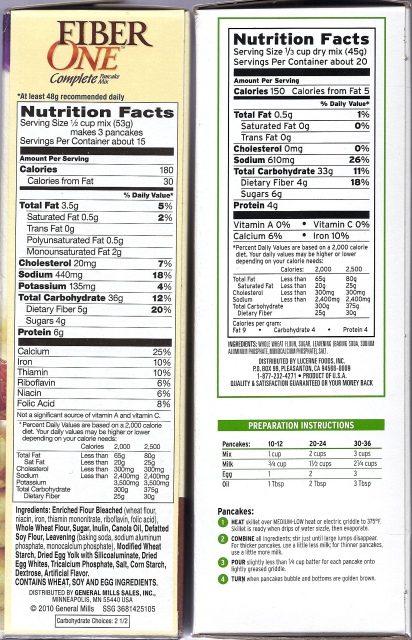Is Juicing Safe and Healthy If You Have Diabetes?
Juicing can be a great way to incorporate more fruits and vegetables into your diet, which is essential for managing diabetes. However, it is important to understand the potential impact of juicing on blood sugar levels and overall health when living with diabetes. Here's a closer look:
1. Blood Sugar Spikes:
One concern with juicing for people with diabetes is the potential for rapid blood sugar spikes. When fruits are juiced, the fiber is removed, which slows down the absorption of sugar. As a result, the body absorbs the sugars in fruit juice quickly, leading to a surge in blood glucose levels. This can be particularly problematic for individuals with type 1 diabetes, who may experience a sudden and severe increase in blood sugar.
2. Lack of Fiber:
Fiber plays a crucial role in managing diabetes. It helps slow down digestion, promoting steady blood sugar levels and reducing the risk of spikes after eating. Juicing removes most of the fiber from fruits and vegetables, diminishing this beneficial effect.
3. Sugar Concentration:
Fruit juices often contain a higher concentration of sugar compared to whole fruits. This is because multiple pieces of fruit are typically used to make a single glass of juice, resulting in a concentrated source of sugar. This excessive sugar intake can contribute to weight gain and potentially worsen blood sugar control.
4. Added Sugars:
Some commercially available fruit juices may contain added sugars, such as high-fructose corn syrup, which can further elevate blood sugar levels and contribute to insulin resistance.
Recommendations for Safe Juicing with Diabetes:
Despite these concerns, juicing can still be enjoyed as part of a balanced diet for people with diabetes. Here are some tips to minimize the potential risks:
- Limit Juice Consumption: Limit juice intake to one small glass (4-6 ounces) per day.
- Choose Low-Sugar Fruits: Opt for fruits that are naturally lower in sugar, such as berries, grapefruit, and green apples.
- Combine Fruits and Vegetables: Blend fruits with non-starchy vegetables like celery, cucumber, or leafy greens to slow down sugar absorption and add nutrients.
- Avoid Added Sugars: Always check labels and choose juices without added sugars.
- Monitor Blood Sugar Levels: Regularly check your blood sugar levels before and after consuming juice to understand its impact on your blood glucose.
- Consult a Healthcare Professional: Discuss juicing with your doctor or a registered dietitian to ensure it aligns with your specific diabetes management plan.
By following these recommendations and being mindful of portion sizes and sugar content, you can enjoy juicing as a part of a healthy and balanced diet while managing your diabetes effectively.
-
Exercising/not losing weight
QuestionFor the past two weeks I have been jogging/running (with
-
Do vegetables make us more hungry ?
QuestionDear Karen , Hi Thank you for your reply , it rea
-
I have flabby thighs and a...
QuestionI have flabby thighs and a flabby stomach. Can you
-
Teens Diet
QuestionHi there, I was just wondering as to w
-
Lack Of Energy
QuestionHello, I have quite a healthy diet, for my lunch i have a
-
Nutritional foods for exercising
QuestionHi Laurie, Im 16 years old and Im quite petite and I usu



